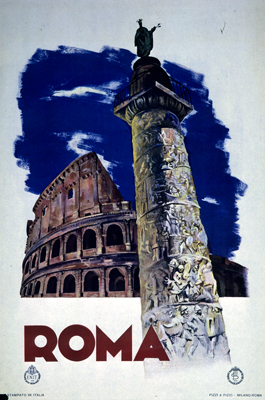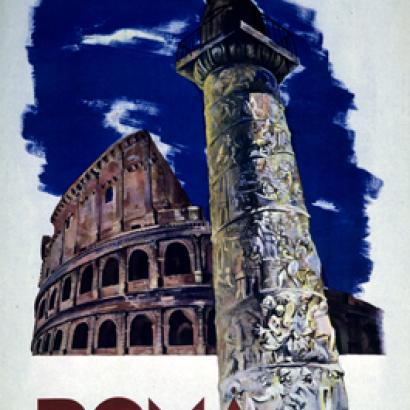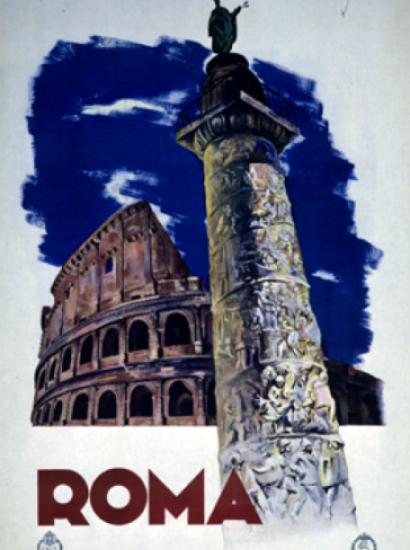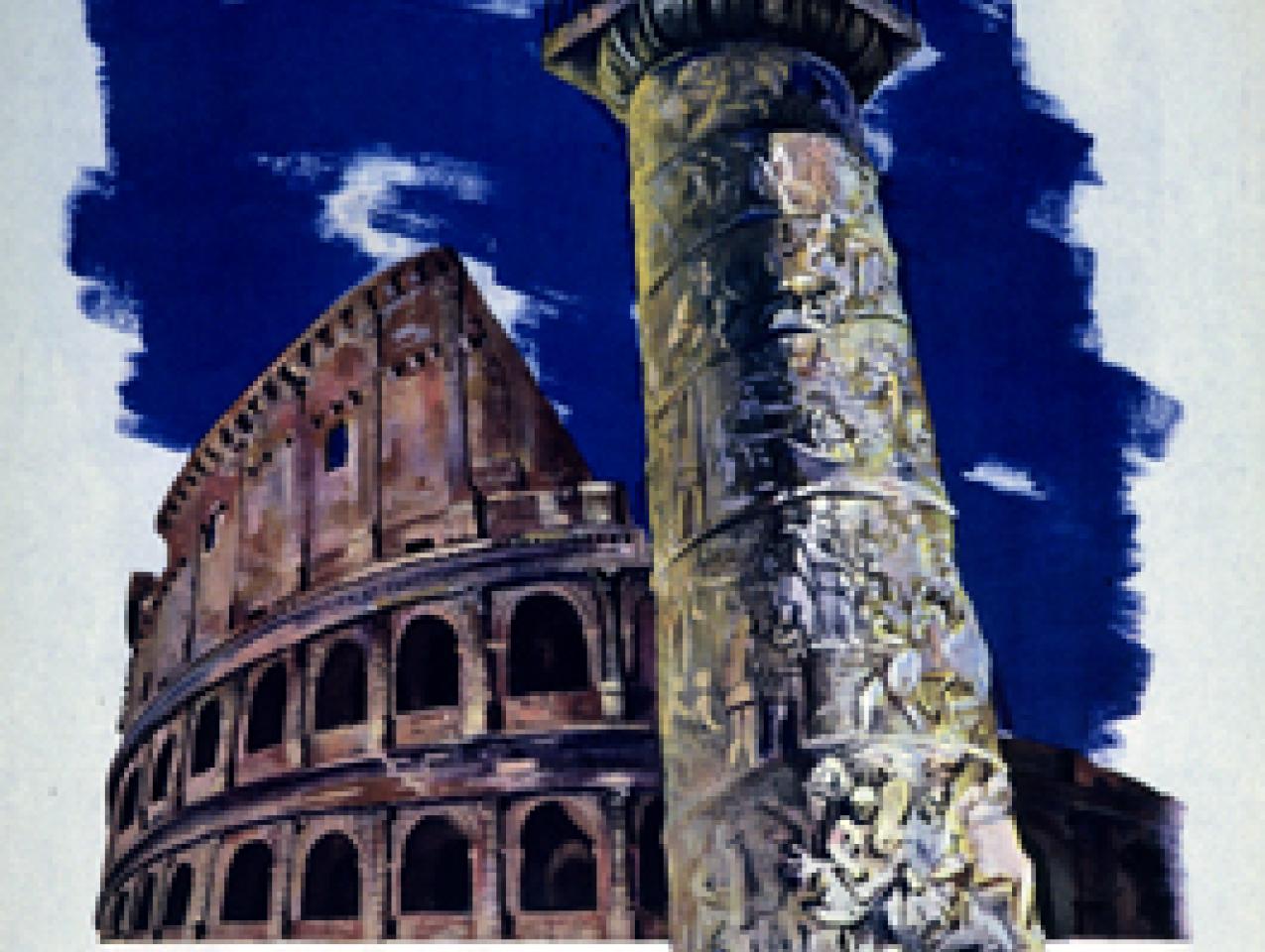
At the end of the fighting season of 211 B.C., quite possibly in November, Rome had defeated Hannibal’s fundamental political strategy, although no Roman army had yet defeated Hannibal in the open field. He continued to roam through Italy freely, and the Romans faced ten more years of the Second Punic War. Hannibal had counted on leading the peoples of Italy to rediscover their enmity to Rome. And in fact, after Hannibal inflicted the historic defeat at Cannae (216 B.C.), the great city of Capua revolted from Rome and joined him. This helped convince countless lesser cities to do the same. Had this cascade of revolts continued, it would have made it unsafe to be a Roman in Italy—something that no foreign army could do by itself. But then, in the fall of 211 B.C., Rome conquered Capua, beat and beheaded all of its leading citizens, and sold the rest—men, women, and children—into slavery at auction. Capua’s harsh fate overshadowed whatever incentives the Italian cities might have had to revolt from Rome. By thus destroying incentives for anti-Roman behavior, Rome ended the main political threat to its existence.
Rome crushed Capua less by performance on the battlefield than by cutting the city off from access to food in the previous year, and then by besieging it and sustaining Hannibal’s assault on its siege works. The history of the Second Punic War in 212-11 is all about maneuvering for control of food in contested areas. Prior to the siege’s final stages, the Romans let the Capuans who had not been associated with the revolt leave with their lives. Livy concludes that hunger was the decisive weapon: “Capua was more squeezed by siege than taken by assault.”
This is of some importance in our time. Islamist movements whose relatively small numbers of fighters could never threaten any part of the civilized world by force majeure, nevertheless convulse the whole of it and raise questions about the viability of its regimes by inflicting terrorism upon Westerners—bombings, beheadings, etc.—while handily surviving feeble Western reprisals upon the areas they control. Thus they gather ever-growing numbers of recruits to their causes and inspire countless imitators. This open-ended growth of unpredictable enemies, the hemorrhage of allegiances at home and abroad, is a political threat the continuation of which Western nations cannot endure any more than Rome could endure the transformation of its neighbors into enemies. Yet so long as Islamist movements continue to prosper in their strongholds, they embody incentives for people to join them.
Consider ISIS. Most of the territory that it holds in 2015 it conquered with little if any opposition, because the local population saw it as its champion against its nearby Shia enemies. ISIS’ anti-Westernism was psychologically pleasing and carried little if any cost. ISIS control had few if any negative consequences. Its continued success along with that of Islamist movements around the world attracts resources and promises good things for the future.
Nothing obliges Western nations to regard the political threat posed by Islamist groups’ self-multiplying recruitment of adherents in the way that Rome regarded the multiplying defections of allied cities. But, should they do so, Rome’s overturning of the balance of incentives by its treatment of Capua in its 212-11 campaign offers a harsh historic template.
First, seizing hold of the area’s wherewithal of ordinary life: foremost, food. In desert areas such as are controlled by ISIS, this is inherently easier than it was for Rome to do it in fertile Campania. Blockade suffices. Second, allowing persons who are extraneous to ISIS to leave the isolated area as hunger begins to take hold. Those who leave can be screened to make sure that the militants do not escape. Third, Western troops can overrun the weakened ISIS soldiers using artillery, air, and armor, inflicting maximum casualties and leaving the survivors defenseless against the murderous militias of their local enemies.
ISIS is but one of the forms by which Islamism is troubling the Western world. By making ISIS into a terrible example of how such a movement ends with terrible consequences for those who join it and for those who associate themselves with it in any way, Western nations would follow one well-trod path to their own peace.















